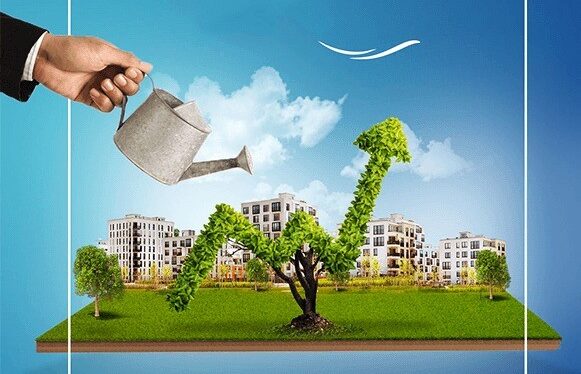
Water is a critical resource that underpins the socio-economic fabric of India. As urbanization accelerates and the population swells, the demand for water increases exponentially. This burgeoning need is influencing various sectors, particularly real estate. In India, effective water storage solutions are not only vital for sustaining communities but also play a significant role in shaping real estate development.
The Importance of Water Storage
Water storage refers to the methods and technologies employed to capture, hold, and manage water resources. In India, this is particularly crucial due to its diverse climatic conditions and seasonal monsoons. Traditionally, water scarcity has led to the construction of reservoirs, tanks, and check dams. However, urban areas are increasingly adopting innovative water storage solutions, such as rainwater harvesting systems, underground water tanks, and smart water management technologies.
Effective water storage helps mitigate water shortages, ensuring a reliable supply for residential, commercial, and industrial needs. It directly impacts the livability of a locality, making areas with efficient water management more attractive to potential buyers and investors.
Real Estate Development Trends
In recent years, Indian real estate has experienced significant transformation driven by urbanization, infrastructure development, and changing consumer preferences. Developers are increasingly recognizing the importance of sustainable practices, which includes addressing water storage and management.
1. Sustainable Housing Projects: Developers are integrating rainwater harvesting systems and water recycling plants in residential complexes. These features not only lower operational costs but also enhance the property’s value. For instance, projects that adhere to green building standards, such as those certified by the Indian Green Building Council (IGBC), often see increased demand due to their sustainable practices.
2. Location and Water Availability: The proximity to reliable water sources is becoming a key consideration for real estate projects. Areas with established water storage systems are gaining popularity among homebuyers, leading to higher property prices. Developers are keen to invest in regions with robust water management strategies, knowing that this enhances the long-term viability of their projects.
3. Government Initiatives: The Indian government has recognized the critical importance of water conservation and storage in urban planning. Initiatives such as the Atal Mission for Rejuvenation and Urban Transformation (AMRUT) emphasize sustainable urban water supply systems. These policies not only foster responsible development but also encourage private investments in real estate, further driving the market.
Challenges in Water Storage
Despite the positive impact of effective water storage, several challenges persist. Aging infrastructure, inefficient distribution systems, and the lack of investment in water management technology are major hurdles. Many cities still rely on outdated water storage and delivery mechanisms, leading to significant water losses and inefficiencies.
The Future of Water Storage in Real Estate
As India continues to develop, the integration of advanced water storage solutions will become even more critical. Technologies such as IoT-enabled water management systems can provide real-time data on water usage, allowing for more efficient allocation and conservation. Furthermore, developers who prioritize sustainability in their projects are likely to gain a competitive edge in a crowded market.
Conclusion
Water storage is more than just a necessity; it is a significant factor influencing real estate development in India. As the country grapples with the challenges of urbanization and climate change, integrating efficient water management systems into real estate projects will be crucial. By prioritizing sustainable practices, the real estate sector can contribute to a more resilient future, ensuring that communities thrive amidst growing demands for water resources.


